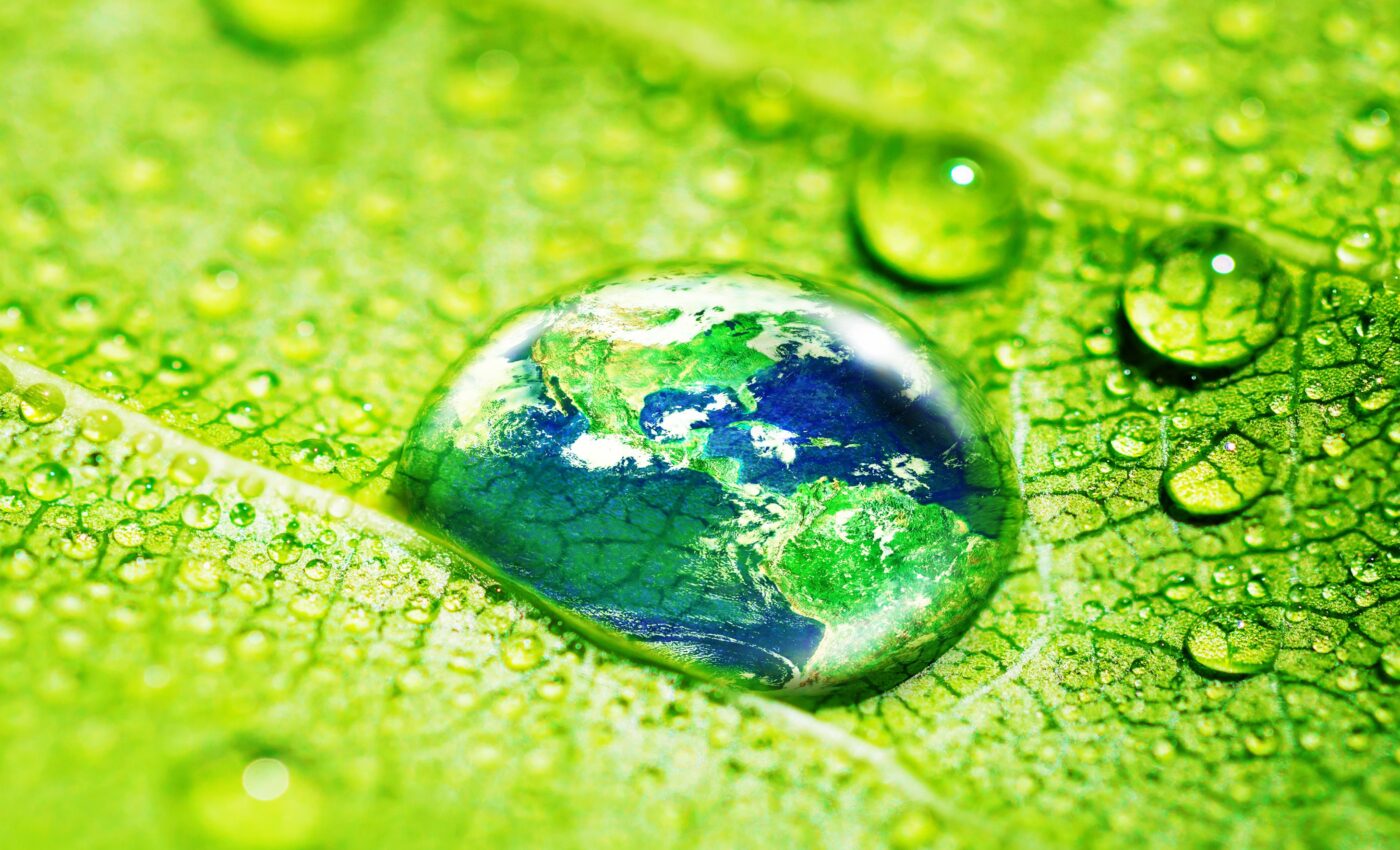
Tiny time capsules: Seawater holds secrets of ancient Earth
Drops of seawater might seem commonplace to the average person, but to a geologist, they are filled with clues about our planet’s history.
A recent study suggests that the very salt we sprinkle on our food can reveal astonishing secrets about Earth’s ancient climate and geologic processes.
Time capsules
The study has revealed that sea salt contains minute droplets of the original seawater from which it formed. These droplets, as small as they are, serve as time capsules that holds a geological record of our planet.
Mebrahtu Weldeghebriel, postdoctoral fellow at Princeton University, and Professor Tim Lowenstein of Binghamton University, embarked on a fascinating journey to unlock the secrets preserved in seawater.
By analyzing salts from various sedimentary basins spread across the US, Europe, Asia, and Africa, the team has been able to map changes in seawater chemistry over the last 150 million years, simultaneously shedding light on associated geological and climate shifts.
Accessing ancient seawater
“The ocean is like a giant soup of different elements,” said Professor Lowenstein. “Sodium and chloride are the most common ones, but there are dozens of others dissolved in seawater in trace amounts such as lithium.”
The researchers used a laser to delicately drill into the salt crystals to reach the minuscule preserved droplets. Following this, a mass spectrometer was used to unravel the different trace elements captured inside.
Drastic changes in ocean composition
Among the elements, the presence of lithium was particularly intriguing to the experts. Over the course of 150 million years, lithium’s concentration in seawater dropped seven-fold. This decline coincided with an increase in the magnesium to calcium ratios.
But what caused such a drastic change in the composition of seawater over this vast timescale? This very question has been a hot topic of debate amongst geologists for the past two decades.
Weldeghebriel and Lowenstein’s research suggests that the reduction in lithium levels is predominantly linked to a decrease in oceanic crust production and seafloor hydrothermal activity. These phenomena are directly impacted by tectonic plate movements.
Reduced tectonic activity
Peering 150 million years into the past, Earth was a substantially warmer domain, with a richer carbon dioxide atmosphere and more lithium-filled seas.
The researchers connected the dots to discover that the slowed tectonic activity during this period reduced the amount of lithium entering the oceans and simultaneously decreased carbon dioxide emissions. This set the stage for global cooling and ushered in the ice age we currently experience.
Emphasizing the symbiotic relationship between oceans and the atmosphere, Weldeghebriel stated, “There is a close link between ocean chemistry and atmospheric chemistry. Whatever changes happen in the ocean also reflect what’s happening in the atmosphere.”
Study implications
Insights from this study profoundly advance our understanding of Earth’s ancient oceans, tectonic forces, and the subsequent shifts in our planet’s atmosphere and hydrosphere. These shifts have a cascading effect on marine life, especially creatures that rely on calcium carbonate to construct their shells.
“The oceans and atmosphere are connected to one another, and how they change is related. Everything is connected,” said Lowenstein.
The research, funded by the National Science Foundation, is published in the journal Science Advances.
More about seawater
Seawater is more than just salty water. Covering roughly 71% of Earth’s surface, the oceans play a critical role in our planet’s climate, weather patterns, and support an astounding variety of life. But what exactly is seawater, and what makes it so unique?
Composition of seawater
While seawater is mostly composed of water (H2O), it contains a cocktail of dissolved solids and gases. The most common solute is salt, specifically sodium chloride (NaCl), but seawater also contains magnesium, calcium, potassium, and traces of numerous other elements.
Salinity
On average, the salinity of seawater in the open ocean is about 3.5%, meaning that every kilogram of seawater has about 35 grams of dissolved salts, mostly in the form of sodium chloride. However, this percentage can vary depending on location.
Areas where freshwater rivers discharge into the ocean or where ice is melting tend to have lower salinities, while areas with high evaporation rates like the Mediterranean Sea or the Red Sea have much higher salinities.
Temperature
Seawater temperatures vary greatly, ranging from -2°C in polar regions to over 30°C in the tropics. Temperature plays a significant role in ocean currents and the ability of seawater to absorb CO2.
Density
The density of seawater is influenced by both its temperature and its salinity. Cold, salty water is denser than warm, fresh water. This differential in density drives the thermohaline circulation, a vast global conveyor belt of ocean currents which plays a critical role in regulating Earth’s climate.
Acidity (pH)
Seawater is slightly alkaline, with a pH ranging from 7.5 to 8.4. However, as CO2 levels in the atmosphere increase, the oceans absorb more of it, leading to ocean acidification. This can have detrimental effects on marine life, especially creatures that build shells or skeletons of calcium carbonate, like corals.
Biota
Seawater is teeming with life, from the smallest plankton to the largest whales. These marine organisms play a vital role in global carbon and nutrient cycles.
Seawater and climate
The oceans act as a massive heat sink, absorbing and storing solar energy. They transport heat around the globe, influencing climate patterns. Additionally, seawater absorbs a significant amount of the CO2 emitted into the atmosphere, acting as a critical buffer against rapid climate change.
—-
Check us out on EarthSnap, a free app brought to you by Eric Ralls and Earth.com.













